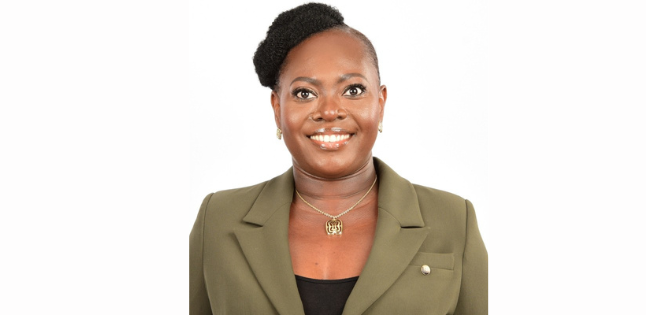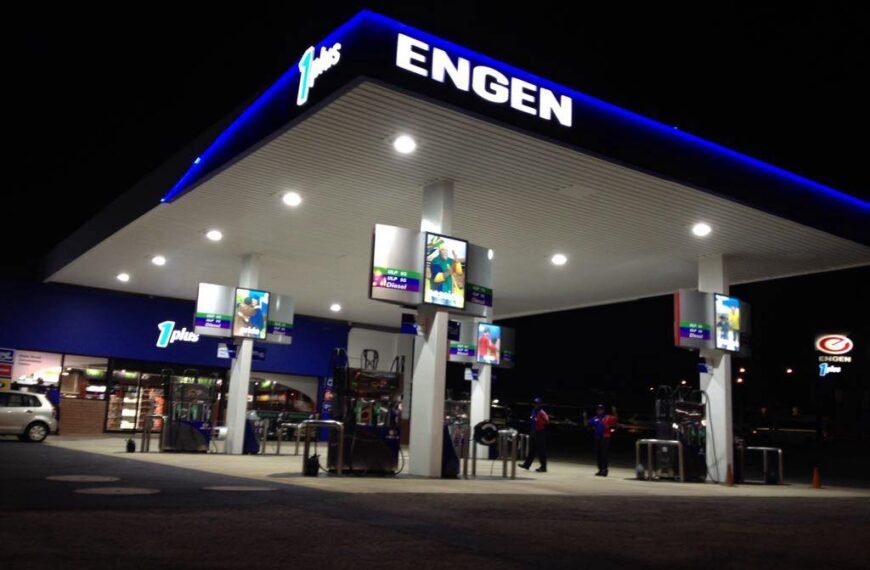

Moody’s downgrades Ghana’s credit ranking from Caa2 to Ca
Ghana has been downgraded deeper into junk territory by Moody’s Investors Service on the likelihood that private creditors will incur steep losses during the government’s planned debt restructuring.
The country’s credit rating was slashed by two levels to Ca, the second-lowest score at Moody’s, according to a Tuesday statement. That puts Ghana on par with Sri Lanka, which is in default.
The downgrade follows plans in Ghana’s proposed 2023 government budget to restructure both local and foreign debts.
“The Ca rating reflects Moody’s expectation that private creditors will likely incur substantial losses in the restructuring of both local and foreign currencies debts planned by the government as part of its 2023 budget proposed to Parliament on 24 November 2022. Given Ghana’s high government debt burden and the debt structure, it is likely there will be substantial losses on both categories of debt in order for the government to meaningfully improve debt sustainability,” analysts Lucie Villa and Marie Diron wrote in the statement.
Outlook changed to stable
At the same time, Ghana’s outlook was changed to stable as the restructuring will likely happen in coordination with creditors and under a program with the International Monetary Fund, according to Moody’s.
“The stable outlook balances Moody’s assumption that the debt restructuring will happen in coordination with creditors and under the umbrella of a funding program with the IMF against the potential for a less orderly form of default that could result in higher losses for private-sector creditors.”
The West African country formed a committee last month to start talks with domestic bondholders to restructure its local-currency debt.
Ghana’s Eurobonds have been among the worst performers in emerging markets since Bloomberg reported the plans for the local debt recast in September, handing investors losses of almost 12% in that period, according to data compiled from a Bloomberg index.
The nation’s debt-exchange program will replace existing terms and exchange debts with longer tenors at cheaper rates, said Abena Osei Asare, a deputy minister of finance. The plans come after an analysis of debt sustainability showed the nation faces a high risk of distress.
Fitch Ratings scored the nation at CC, two notches above default. S&P Global Ratings also assigned it CCC+, seven levels into junk.
Citinewsroom
















